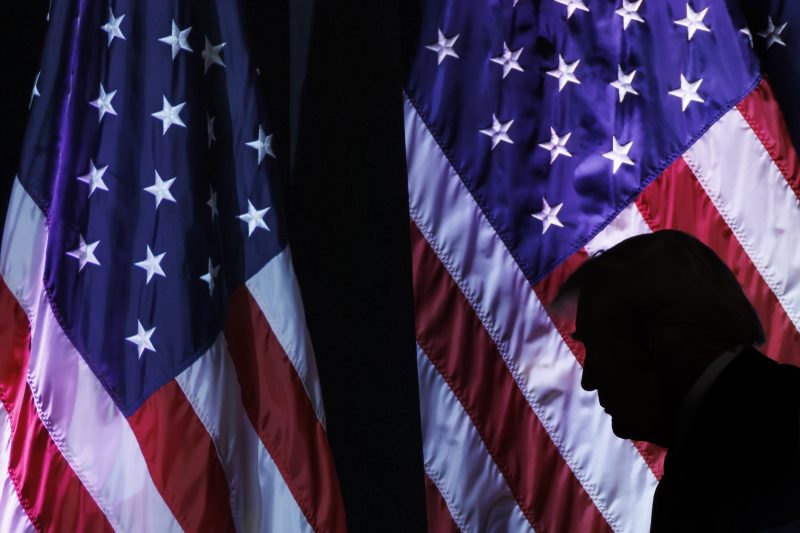In the midst of a tumultuous political landscape, disputes over the accuracy of polling data have come to the forefront once again. With the rise of artificial intelligence (AI) and crowd-sourced data, the traditional methods of conducting polls are being challenged, leading to accusations of bias and unrepresentativeness.
The controversy over skewed polls is not a new phenomenon, especially in the context of recent elections with surprising outcomes. Critics argue that traditional polling methods often fail to capture the sentiments of the entire population, leading to misleading predictions. In an attempt to address these shortcomings, AI and crowd-sourced data have been heralded as revolutionary tools that could provide more accurate and comprehensive insights into public opinion.
AI algorithms are designed to analyze vast amounts of data in real-time, enabling pollsters to gather information from a diverse range of sources. This approach promises to overcome the limitations of traditional polling methods by capturing nuances and trends that may be overlooked by conventional surveys.
Crowd-sourced data, on the other hand, leverages the collective intelligence of large groups of people to generate insights. By tapping into the wisdom of the crowd, pollsters can access a more diverse and representative sample of opinions, potentially reducing the risk of biases and inaccuracies.
Despite the potential benefits of AI and crowd-sourced data, skeptics have raised concerns about the reliability and validity of these methods. Critics argue that the lack of transparency and accountability in AI algorithms could lead to biased results, while crowd-sourced data may be susceptible to manipulation and selective participation.
In the upcoming elections, as President Trump prepares to reject another potential loss, the role of polling data and its accuracy will undoubtedly be scrutinized. The reliance on AI and crowd-sourced data in shaping political narratives and predictions underscores the need for a critical evaluation of these emerging technologies and their impact on the democratic process.
As stakeholders navigate this evolving landscape of data collection and analysis, it is essential to strike a balance between innovation and integrity. While AI and crowd-sourced data offer exciting possibilities for revolutionizing the way we understand public opinion, their potential pitfalls must be addressed to ensure that polling data remains a reliable and unbiased tool for informing political decisions. Only through transparent practices and rigorous evaluation can we uphold the democratic principles of fairness and accuracy in the age of AI and unskewed polls.
In conclusion, the intersection of AI, crowd-sourced data, and traditional polling methods presents both opportunities and challenges for the future of political polling. By embracing innovation with a critical eye towards accountability and transparency, we can harness the power of technology to enhance the accuracy and representativeness of polling data, ultimately strengthening our democratic processes and institutions.




























